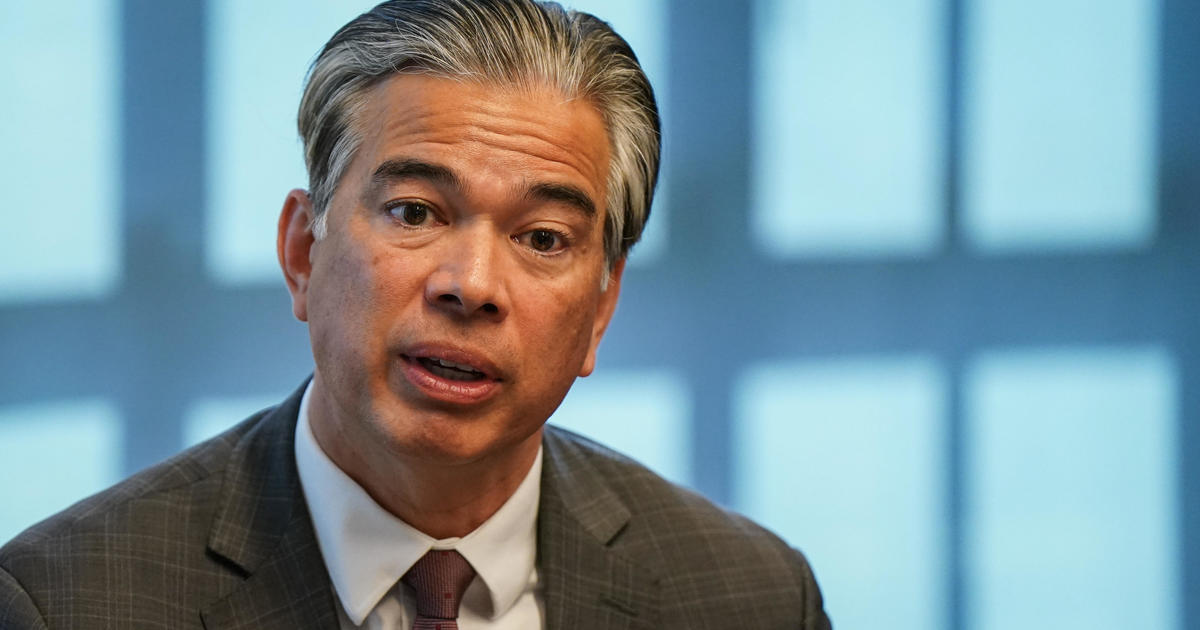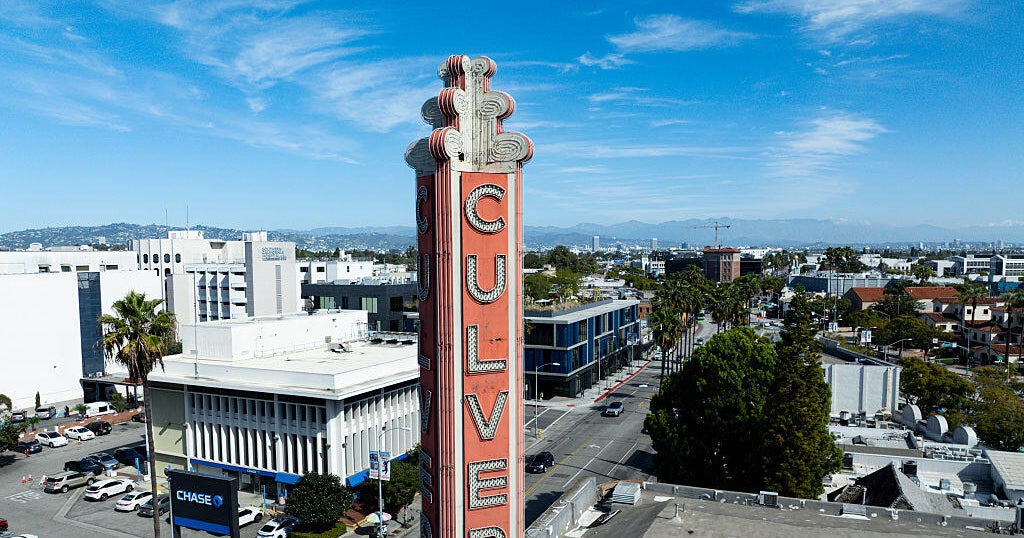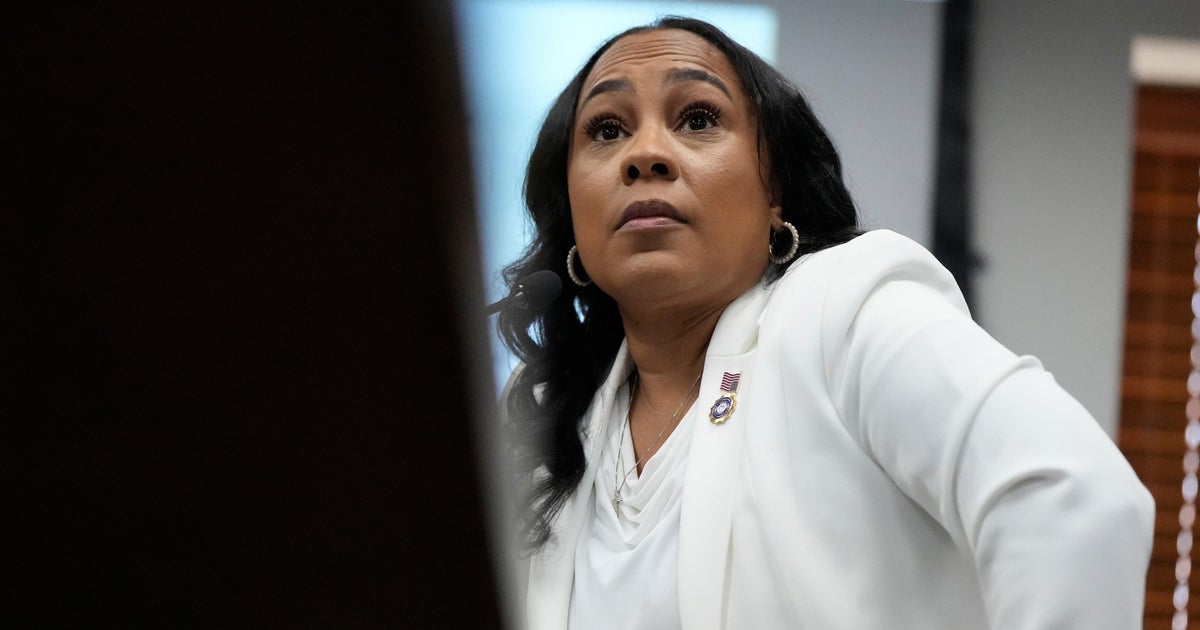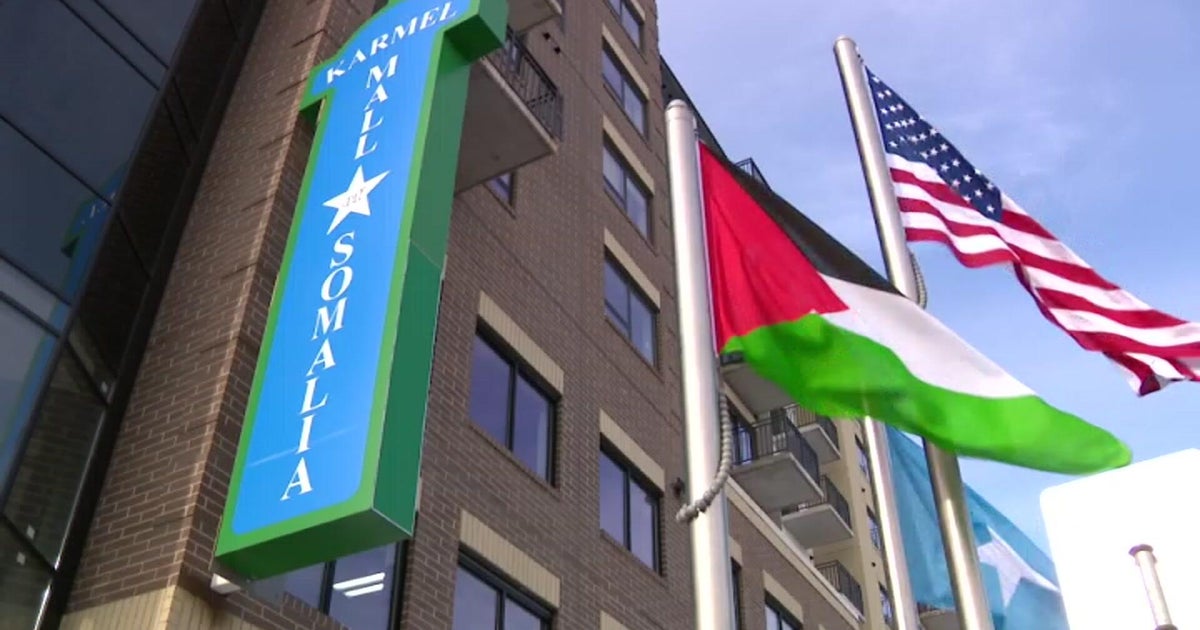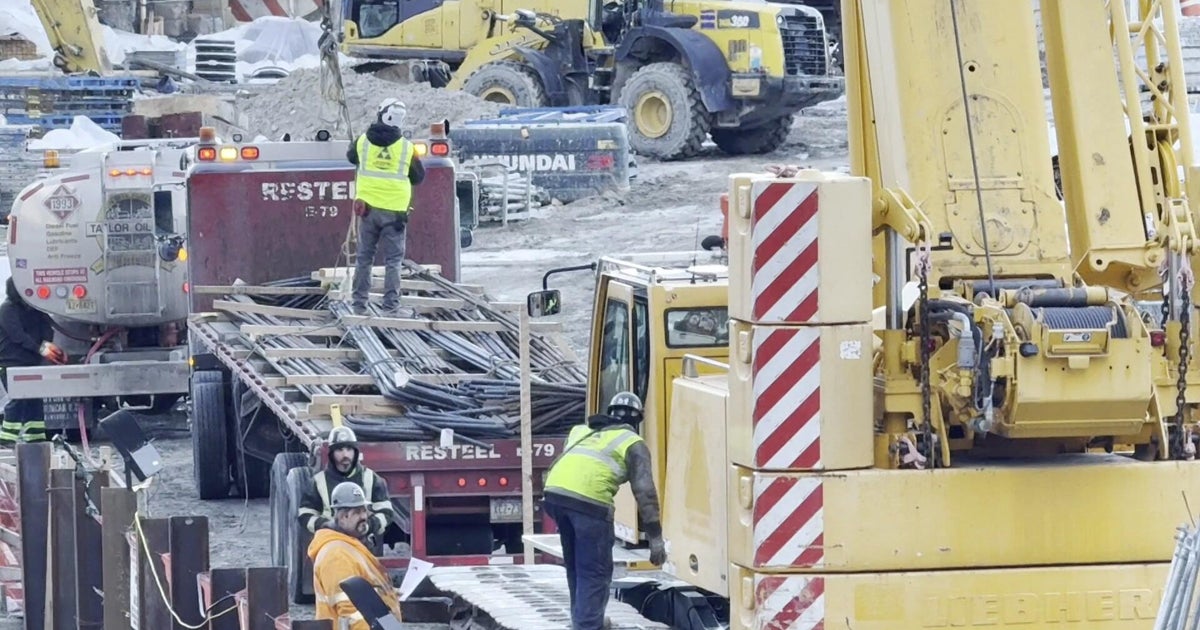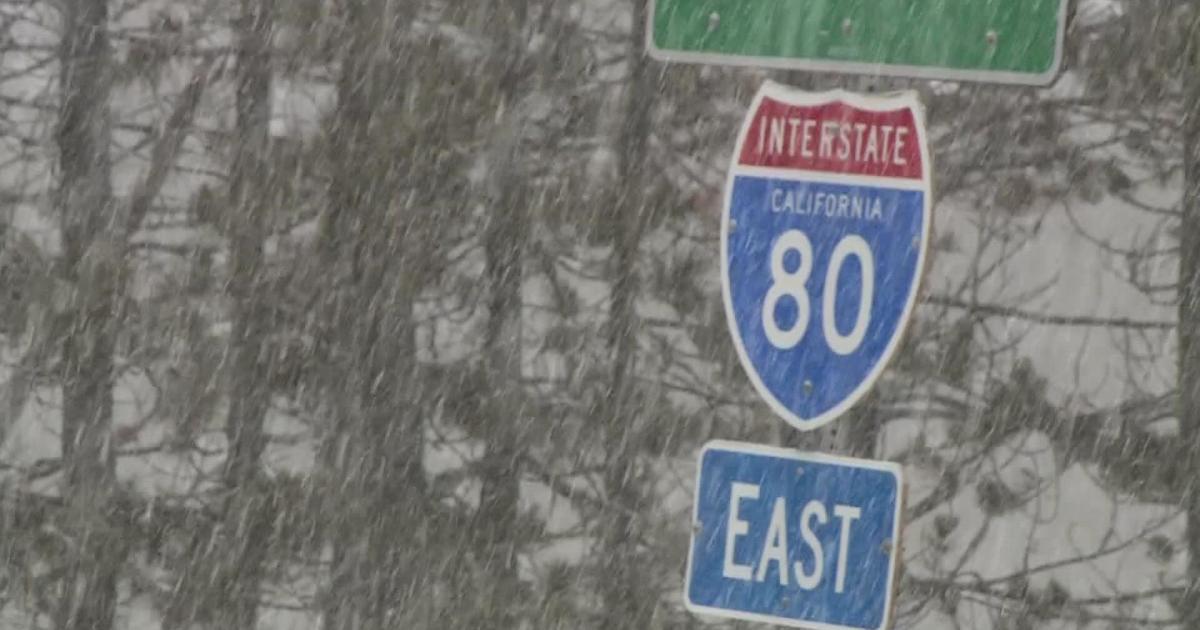What is the MBTA Communities Law? Here's what it means for your town
BOSTON - A law designed to ease the housing crunch in Massachusetts is turning into a battle between the state and some communities.
It made for big headlines when Milton voted no to zoning changes that are required by Dec. 31, 2024 under the new MBTA Communities Law, which was passed by the Massachusetts Legislature in 2021.
Attorney General Andrea Campbell is now suing Milton and asking the Supreme Judicial Court to order the town to obey the law and adopt the changes which will also impact other communities involved as well. So why has the law become so controversial?
Milton refuses to comply
In this 'David and Goliath' story, Milton fired the first sling shot. Campbell responded that the town must comply with the law - it's not voluntary.
She's suing because Massachusetts is facing a massive housing and economic crisis – no one disputes that. In fact, in a recent survey with the Greater Boston Chamber of Commerce Foundation, a staggering one in four 20-somethings said they plan to leave Greater Boston in the next five years because they simply can't afford to live here. That's why Gov. Maura Healey told WBZ's Jon Keller the law must be enforced:
"We are short 200,000 housing units in the state because for years now we haven't developed in the way we need in terms of our economic growth."
What is the MBTA Communities Law?
The law requires that an MBTA community shall have at least one zoning district where multi-family housing is permitted (meaning no special permits and no town zoning boards holding things up) located within a half mile of public transit and suitable for families with children.
And the law has teeth – when Milton voters voted to reject the zoning back in February, the Healey Administration sent a letter to the town, saying they no longer qualify for $140,000 in state grants to improve the sea wall and build a dock at Milton Landing.
One-hundred seventy-seven cities and towns have to change their zoning by the end of the year. Most have rapid transit or commuter rail, subways or ferries, but some are included as "adjacent" communities or small towns.
"Everyone thinks it's a great idea, just not near me," said Mike Walsh, a lawyer and former selectman in Westwood. Westwood has concerns but is making the law work. "They really have taken a lot away from our planning boards, so now it's kind being forced upon us and I understand why."
It's important to note, nothing has to be built right now. The zoning rules just need to be changed to allow for building in the future.
Walsh pointed out a parcel across from the University Avenue station. "That building is privately owned, so if the commercial business is not there anymore, and he sells it to a developer, they could put in housing," said Walsh.
"The future of Massachusetts really is at stake here"
Most towns are working to be in compliance but Walsh said the towns that are pushing back said the law takes a "one size fits all" approach and that could create real growing pains.
"There's a lot of infrastructure things," he warned. "There's a lot of drain on schools."
Westwood has the first approved project in the state under the law – apartments that are going up at an old commercial site in the shadow of the train tracks half a mile away from Islington Station. It's an example where the guidelines work well.
"And this is what the legislature wanted," Walsh pointed out.
But as you travel from town to town on the map, each community's concerns are unique. WBZ TV spoke to the man who created the guidelines for the MBTA Communities Act. Mike Kennealy was the Secretary of Housing and Economic Development for Gov. Charlie Baker's administration.
"A lot of this housing could be in downtowns, OK, that's good for local economic development," said Kennealy. "Again, in this post-pandemic world, how do we revitalize our downtowns? And also, if you create more diverse housing stock, you get more diverse populations in these places." That means more available workers for restaurants, bars and retail stores.
Kennealy said the law might be grabbing headlines now because of the Milton vote but passing the act included time for public comment and the guidelines went through a yearlong deliberative process.
"We took it really seriously, it's really serious," said Kennealy. "And again, I mean, not to be overly dramatic about it. The future of Massachusetts really is at stake here, we have to produce a lot more housing or we're not going to be the kind of state we want to be."
Different concerns in different towns
Signs all over the rural town of Lincoln are clear. They read "Yes for a healthy Lincoln station!" or "No for now!" illustrating the battle that's underway.
Lincoln resident Ann Robson said she and her husband had enjoyed their life in the town in moderate-income housing and they hope their sons could afford to live there someday.
"I'm all for building more homes here," said Robson.
Lincoln resident Dan added that he was confident this fight will work itself out. "I think towns should be able to figure it out - yes."
But don't tell that to Peter Lukes, the town manager in Holden, a central Massachusetts town of about 20,000 that abuts Worcester.
"I was surprised they had us have anything to do with an MBTA community legislation of any kind because we don't have train service of any sort, we don't have a train station, we don't have bus service, we don't even have a bus stop," said Lukes.
Lukes doesn't believe any municipality needs to comply with the legislation, even if it means losing out on state grant money. He points out it would be a 10-mile walk from the center of Holden to the nearest train at Union Station in Worcester, not exactly a walkable commute.
"It was crafted poorly, it has been implemented poorly," Lukes maintained. "The Town of Holden's position is that we probably really wouldn't benefit from the grants, certainly not benefit as much as it would cost our community if we did go along with this legislation. Therefore, it's not something we want to participate in."
The Massachusetts Supreme Judicial Court will examine the case in the fall and either force the towns to cooperate or perhaps send the law back to the legislature for amendments or modifications.
If you have a question you'd like us to look into, please email questioneverything@cbsboston.com.


